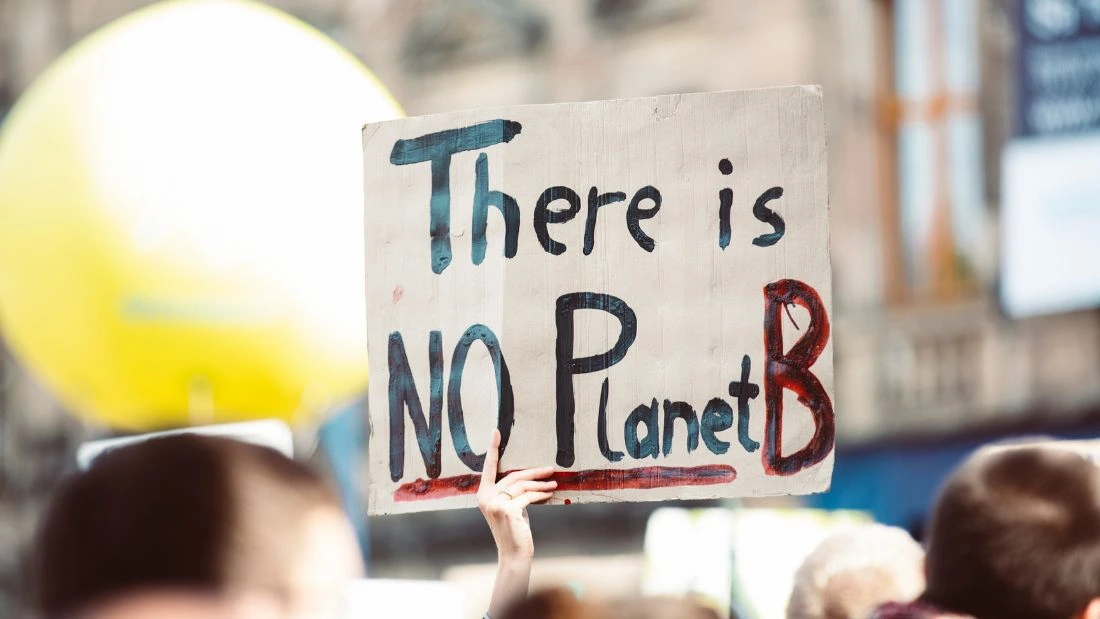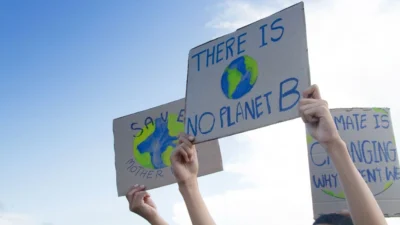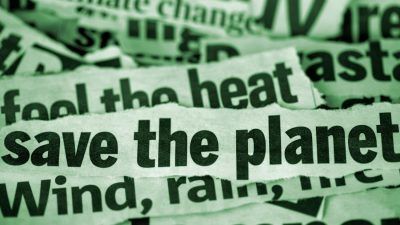Drastic action needed now to tackle the climate crisis, latest IPCC report concludes

This week the Intergovernmental Panel on Climate Change (IPCC) launched their fourth and final instalment of the sixth assessment report. Compiled by the world’s leading climate scientists, this report gathers all human knowledge and research on the climate crisis and has one overarching message: drastic action is needed now.
Below we have summarised the reports key points and our thoughts.
Why the report is important
- Human activities, mainly through emissions of greenhouse gases, have unequivocally caused global warming, with temperature reaching 1.1°C above pre-industrial levels.
- This report stresses throughout that rapid and drastic action is needed now to combat the human-induced climate crisis and avert the worst damages.
- The impacts of the climate crisis are already being felt, with climate-induced extreme weather events, such as droughts and floods, leading to loss and damages for effected communities and to nature. Over three billion people currently live in areas that are highly vulnerable to the climate crisis. These climate damages will only worsen with every increment of global warming.
- It highlights that limiting warming to 1.5°C , beyond which we will be tipped into catastrophic and irreversible climate impacts, is still within reach, but current international commitments fall short. Scaled up and swift action is needed now.
Main takeaway: this report is the last big report from the IPCC until 2030 and will play a pivotal role in informing COP28. Given that the main takeaway from this report is that rapid, deep and immediate greenhouse gas emissions reductions across all sectors is needed this decade if we are to secure a liveable and sustainable future, this report is the final warning.
What’s in the report
- The latter part of the report focuses on reaching net zero as soon as possible, by drastically reducing greenhouse gas emissions across all sectors. It focuses heavily on reducing carbon emissions through investment in renewable energy and low – or zero-emission technologies.
- The issue of agriculture is touched on for both mitigation and adaptation, however it talks about sustainable agricultural intensification and sustainable healthy diets, defined as promoting “all dimensions of individuals’ health and well-being; have low environmental pressure and impact; are accessible, affordable, safe and equitable; and are culturally acceptable, as described in FAO and WHO”, rather than mentioning a widespread shift to plant-based diets.
- In the climate action modelling, it references efficient livestock systems and improved cropland management. If we are to tackle the climate crisis at the speed needed, we must move away from meat and dairy consumption and Governments need to support this.
Main takeaway: the latter part of the report focuses on reaching net zero as soon as possible. It focuses heavily on reducing carbon emissions through investment in renewable energy and low – or zero-emission technologies. It also mentions sustainable agricultural intensification and sustainable healthy diets, however, omits mentioning the needed shift to plant-based diets.
Why what’s missing is important
- Demand for meat, dairy, fish and eggs lies at the heart of every single environmental problem. It’s fuelling the climate crisis and is the number one driver of biodiversity and wildlife loss. Since a) conserving approximately 30 to 50 per cent of Earth’s land, freshwater and ocean area will be crucial for resilience and b) animal agriculture is responsible for one fifth of global greenhouse gas emissions, we can’t do this without a global dietary switch to plant-based food.
- The report highlights that many aspects of accelerated climate action will have co-benefits for human health and wellbeing and synergies with the United Nations Development Programme’s Sustainable Development Goals (SDGs). It references a switch to sustainable healthy diets. A vegan diet is best for people’s health, preventing many meat and dairy related diseases, and can play a crucial role in meeting SDGs such as: zero hunger, climate action, life on land and good health and wellbeing.
Main takeaway: Going vegan is the ‘single biggest way’ we can protect the planet and our future. Moving away from meat and dairy diets needs to be directly referenced in future climate action, and in reports that influence policy and laws.
To learn more about the difference a vegan diet can make to our planet and future survival, explore our environment campaigns Vegan Now and Eating the Earth.







